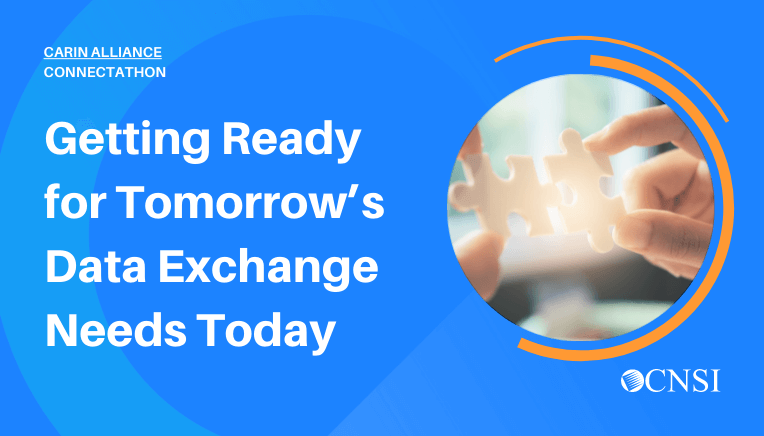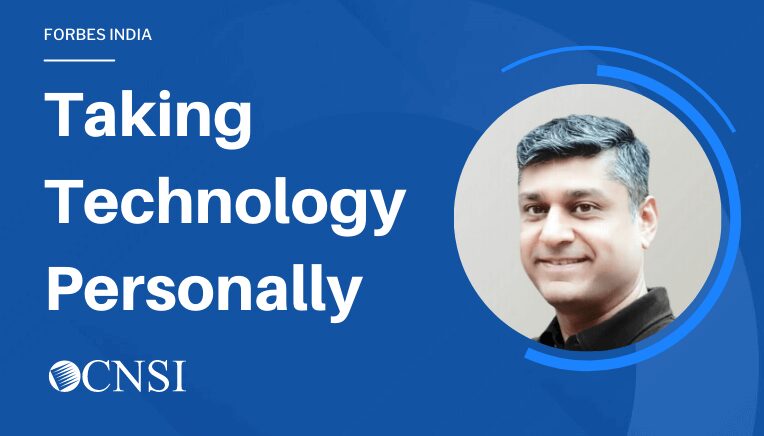
Mental Wellness and Health IT: An Issue, An Opportunity
June 20, 2018
Categories: Thought Leadership
It’s a given fact that technology plays an important role in how we measure our health. We are relying more and more on smartphones and wearables to track everything from our daily fitness activities to our sleep cycles. And according to researchers, they could also be useful for tracking our mental health.

While mental health can be an uncomfortable topic to discuss, recent tragedies have once again put a spotlight on the issue. In the month of May, the world lost both Kate Spade and Anthony Bourdain to suicide. Their heartbreaking losses served as a good reminder that almost 45,000 Americans take their own lives every year. Following the announcements, the National Suicide Prevention Lifeline reported a 65 percent increase in calls for help.
There is, however, hope in health IT. A recent study published by Journal of Medical Internet Research (JMIR) recognized that a certain machine learning algorithm can analyze data collected from wearable devices to identify risk factors for mental health issues. By applying machine learning, features associated with stress and poor mental health could then be identified, offering clinicians a better understanding of how treatments are impacting patients.
The results of the study exhibit the potential for health IT to play a major part in improving mental health outcomes. Another example of this potential is being demonstrated through the State of New Hampshire’s first-in-the-nation electronic cause of death application. This mobile app, developed by CNSI, allows for health officials to report and see the cause of death immediately. This allows them to determine if the death is related to other cases. The power of this data is unlimited, especially as the country faces the extreme opioid epidemic, which took approximately 200,000 lives in 2016 (the most recent year for which data is available).
As health IT advances, we look forward to not only watching but contributing to how it can be used to improve all aspects of wellness–including mental health.
How else can health IT address the most pressing health crises we face? Let us know on Twitter @CNSICorp.







